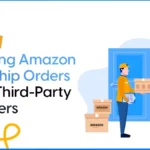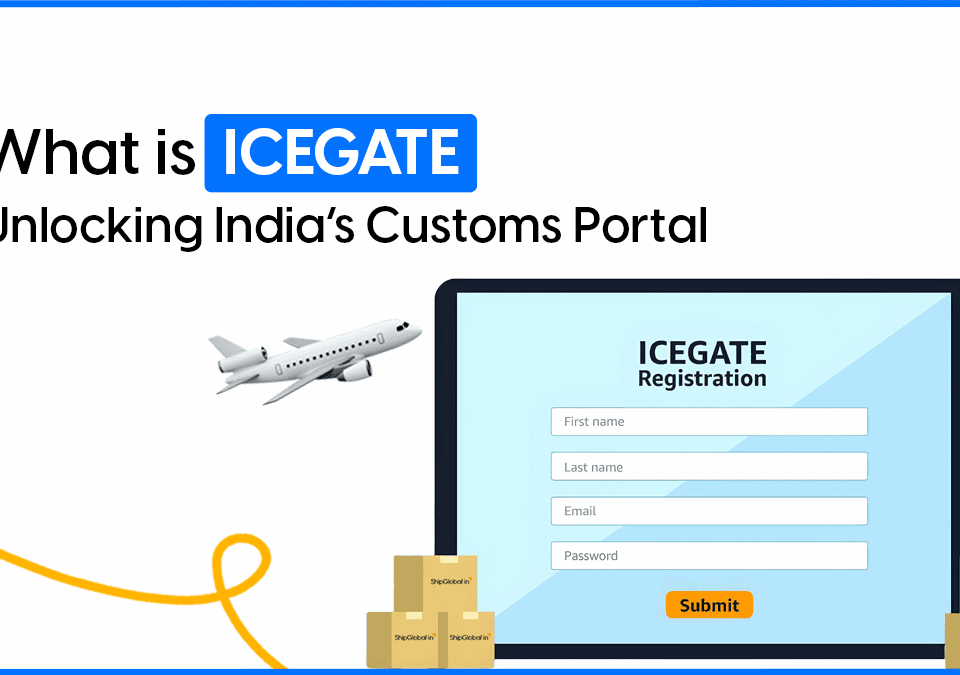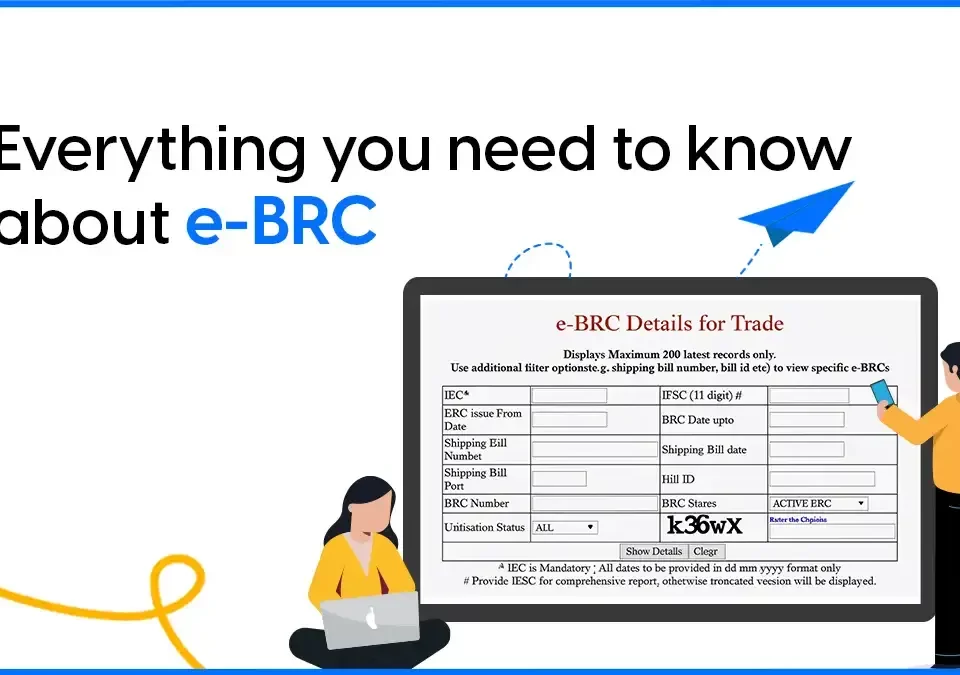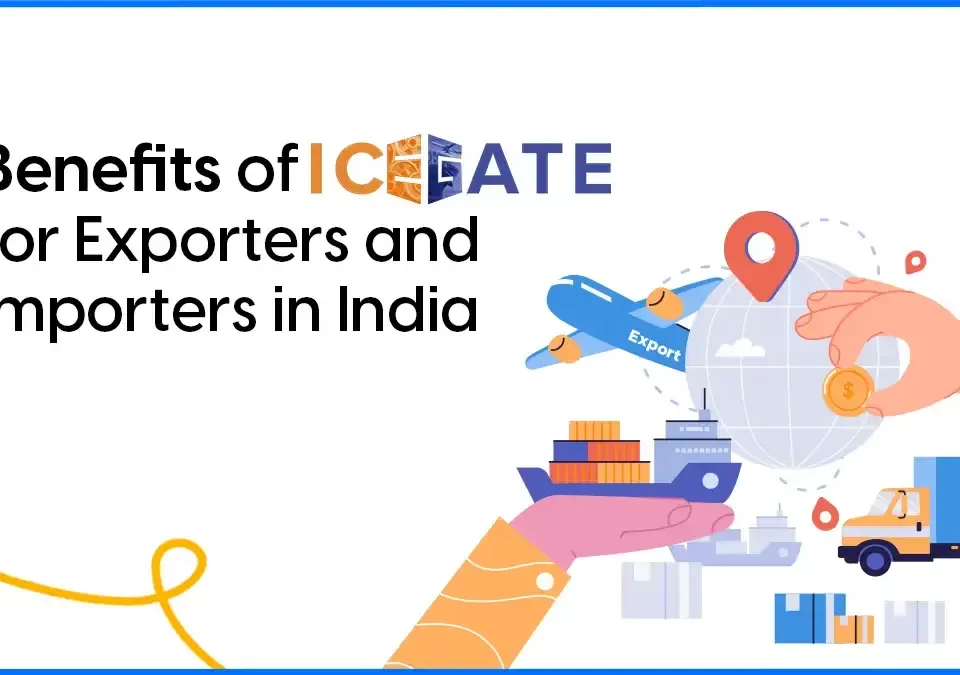Amazon Self Ship vs Amazon FBA: Which is Better for Your Business

International consumers chaiye?
Well, nothing’s better than the world’s biggest shop. Right?
Because when we talk about Amazon, we are talking about setting up shop in the world’s most bustling and dynamic marketplace.
With over 300 million active customer accounts, millions of sellers, and a presence in nearly every country, Amazon isn’t just big it’s a giant in the eCommerce universe. It’s where the dreams of small businesses turn into global success stories and where established brands find new frontiers.
But with great opportunities come great decisions. One of the biggest choices Amazon sellers face is how to fulfill their orders: Amazon Self-Ship or Amazon FBA (Fulfillment by Amazon). Each option has its unique perks and challenges, and the one you choose can shape the way your business grows, the costs you manage, and how happy your customers are.
In this blog, we’ll explore the key differences between Amazon Self-Ship vs. FBA, highlight their distinct advantages, and share examples (fictional) of businesses that have thrived with each approach.
Let’s dive in and help you find the best fulfillment strategy for Amazon sellers that fits your business success goals.
Amazon Self-Ship: Full Control in Your Hands
Amazon Self Ship allows sellers to manage the entire Amazon order fulfillment process, from packaging and labelling to selecting the courier service.
This option is ideal for sellers who value control over their logistics and want to tailor the shipping experience to their business needs.
Key Benefits of Amazon Self-Ship:
- Cost Control: Sellers can select cost-effective courier services and avoid additional fees charged by Amazon for FBA storage or handling.
- Customization: You can use branded or personalized packaging to enhance your brand’s identity.
- Flexibility: Ideal for businesses with unique shipping requirements or irregular order volumes.
A Story of a Handmade Jewellery Seller
Priya, an artisan selling handmade jewellery on Amazon, uses Amazon Self-Ship to fulfill her orders. She prefers this approach because it allows her to package each item in custom-designed boxes, enhancing the unboxing experience for her customers.
By partnering with a reliable courier service like ShipGlobal, she ensures timely deliveries while keeping her shipping costs under control. For Priya, the ability to personalize her shipments sets her business apart from competitors.
Amazon FBA: Convenience at a Cost
Amazon FBA takes the logistics burden off your shoulders by storing, picking, packing, and shipping your products for you. FBA also handles customer service and returns, making it a popular choice for sellers looking for convenience and scalability.
Key Benefits of Amazon FBA:
- Prime Eligibility: Products fulfilled by Amazon automatically qualify for Prime, attracting a broader customer base.
- Faster Shipping: Amazon’s robust network ensures quick and reliable deliveries.
- Time Saving: Sellers can focus on growing their business while Amazon handles storage, packaging, and shipping.
Story of an Electronics Retailer
Rohit, who sells smartphone accessories, leverages Amazon FBA to handle his high order volume.
By using FBA, he ensures his products are always available for Amazon Prime’s two-day delivery, which is a major draw for his tech-savvy customers.
While the FBA fees cut into his profit margins, the increased visibility and sales volumes more than makeup for the cost.
For Rohit, FBA’s convenience and access to Amazon’s extensive logistics network are game changers.
Amazon Self-Ship vs. Amazon FBA: A Side-by-Side Comparison
| Feature | Amazon Self-Ship | Amazon FBA |
| Control | Full control over shipping | Limited control; Amazon manages logistics |
| Cost | Potentially lower; no storage fees | Higher due to storage and handling fees |
| Customization | Branded and personalized packaging | Standard Amazon packaging |
| Shipping Speed | Depends on selected courier | Faster, Prime-eligible deliveries |
| Customer Service | Handled by the seller | Handled by Amazon |
| Scalability | Ideal for small-scale operations | Suitable for high-order volumes |
Which Option is Right for Your Business
Consider Amazon Self Ship If:
- You sell niche or handcrafted items that require personalized packaging.
- You want to maintain control over shipping costs and processes.
- Your order volume is manageable without needing large scale logistics support.
Consider Amazon FBA If
- You sell high-volume products and need scalable logistics support.
- Your customers expect fast delivery and Prime eligibility.
- You want to focus on growing your business instead of managing fulfillment.
Story of a Seasonal Apparel Store
Neha runs a seasonal apparel store, selling winter clothing and accessories. During the off-season, she uses Amazon Self-Ship to fulfill occasional orders, keeping her costs low.
However, during the busy holiday season, she switches to Amazon FBA to ensure her products reach customers quickly and qualify for Prime.
This hybrid approach allows Neha to balance cost efficiency and customer satisfaction throughout the year.
Pro Tips for Choosing the Right Fulfillment Option
- Analyze Your Order Volume: High order volumes may justify the additional costs of FBA, while smaller businesses may benefit from the cost control of Self-Ship.
- Understand Your Customers: If fast delivery is a priority for your customers, FBA might be the better choice.
- Consider Your Product Type: Products requiring special handling or branding may be better suited for Self-Ship.
- Test Both Options: Experiment with both methods to see which one works best for your business needs.
Final Thoughts
Amazon Self-Ship and Amazon FBA each provide unique benefits tailored to different business needs.
Self-Ship gives you complete control over packaging, branding, and shipping processes, while FBA offers the convenience of Amazon’s logistics network, including warehousing, packing, and customer service.
Conclusion
By assessing your specific requirements, you can select the fulfillment strategy for Amazon sellers that best aligns with your operational capabilities and long-term objectives. Whether you prioritize customization or want to leverage Amazon’s logistics powerhouse, the right strategy can help you scale your business effectively.
Ready to decide? Share your experiences with Amazon Self-Ship or FBA with us on our social media platforms, and stay tuned for more tips on optimizing your eCommerce business!
FAQ’s
Amazon Self-Ship allows you to handle the entire shipping process, including packaging, labelling, and delivery. In contrast, Amazon FBA manages warehousing, packaging, and shipping on your behalf, using their logistics network.
For businesses with limited resources or no infrastructure for shipping, FBA can be a better choice due to its scalability and convenience. However, if you prefer control over branding and cost management, Self-Ship might be more suitable.
Amazon FBA involves fees for storage, fulfillment, and other services. Self-ship, on the other hand, requires you to bear the costs of packaging, shipping, and logistics independently. Analyzing these costs against your budget can help you decide.
Yes, Amazon allows sellers to use both fulfillment methods simultaneously. You can choose FBA for high-demand products and Self-ship for items with lower sales or those requiring special handling.
FBA provides Amazon’s 24/7 customer service and handles returns, which enhances the buyer experience. With Self-Ship, you’ll need to manage customer service and returns independently.
FBA usually ensures faster delivery due to Amazon’s vast logistics network and Prime shipping options. Self-ship delivery times depend on your chosen courier service and operational efficiency.






